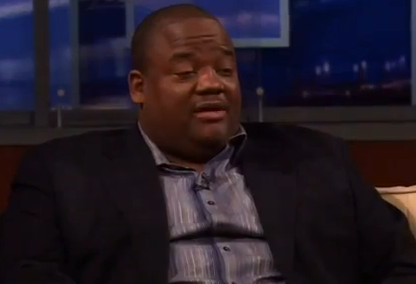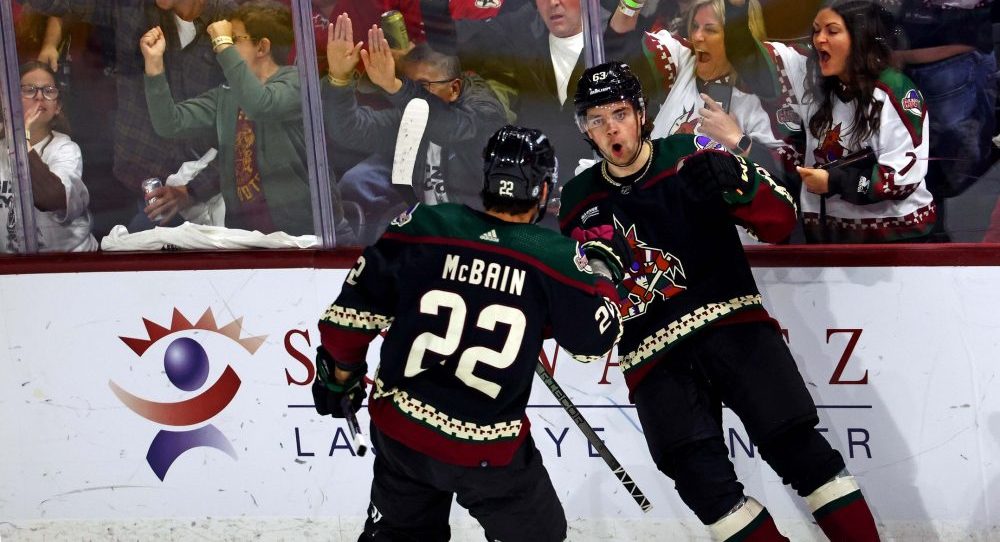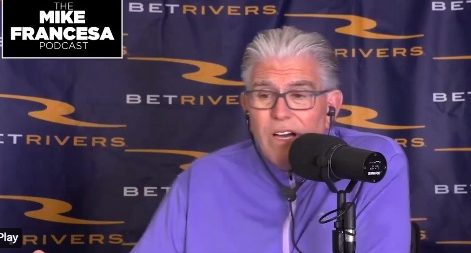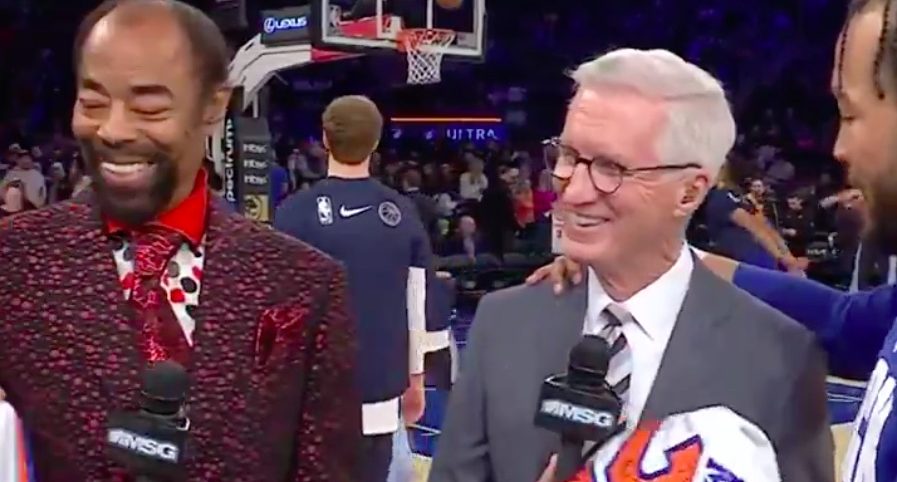The post-mortems of Jason Whitlock’s tenure as Editor-in-Chief of The Undefeated continue to slowly make their way into the public eye. For their part, ESPN and Whitlock have apparently both moved on from the failed arrangement. ESPN has named Leon Carter as the new leader of the still-under-construction site at the time being and Whitlock has made guest appearances on Pardon the Interruption last week, which *surprise, surprise* led to some controversial remarks about Serena Williams.
As more details come out about Whitlock’s unceremonious divorce from the personality-driven site that ESPN centered around him, a consistent portrait is being pieced together: The Undefeated was always doomed to falter with Whitlock at the helm because ESPN tried to build a site about African American sports and culture around someone who very few prominent African American writers wanted to work for.
That becomes further crystalized in this piece from New York Magazine by Reeves Wiedeman entitled “Jason Whitlock and the Messy Saga of ESPN’s ‘Black Grantland.’” The most stunning detail? Whitlock offered to triple the salary of The Atlantic’s acclaimed writer Ta-Nehisi Coates, but Coates said no to working for Whitlock. Bold emphasis added:
Whitlock’s initial attempts to staff the site suggested as much, as he set about trying to hire everyone from traditional sports reporters to those who covered criminal justice. But he quickly found that many of his targets weren’t interested. Some were content in their jobs; others were hesitant about working for him. Resources were not a question — the site recently sent one of its reporters and a film crew to South Africa for a story on Josiah Thugwane, the country’s first black Olympic gold medalist — nor were salaries. Whitlock’s top target was Ta-Nehisi Coates, The Atlantic writer whose “The Case for Reparations” Whitlock held up as the standard to which he wanted his site to aspire. Whitlock offered to triple Coates’s salary, but Coates still turned him down. A friend of Coates’s said the idea of potentially running such a site would have appealed to Coates, but he had little interest in working for Whitlock.
Many potential hires said they weren’t convinced they would be able to report and write the types of stories they wanted, and some were concerned that working for Whitlock would put them on the wrong side of history. Whitlock’s response to the protests in Baltimore had been to tweet that “Children need committed parents. Gotta rebuild the home,” and a few days later, he linked to an article arguing that the string of young black men killed by police had been an overhyped story, because almost as many people were killed each year by lightning strikes and dogs. “A lot of us feel as if we’re writing things at a particular moment in history that people are going to look back on, so it’s extremely important that the tone and confection of these pieces are right,” one reporter who covers race told me. “Being the guy in 1960 saying Martin Luther King Jr. was not all he’s cracked up to be would have gotten you a lot of newspaper readers, but it’s not about getting clicks now. It’s ‘Are these going to hold up to the scrutiny of history?’”
Wiedeman also writes that he was supposed to write a profile of Whitlock and the new site, but the ESPN scribe abruptly canceled the already-booked visits. After the personal interaction with Whitlock, Wiedeman states that the encounter, “did little to convince me that others I spoke to who have worked and interacted with him, at ESPN and elsewhere, were being overly harsh in describing him as paranoid, dismissive of young writers, and difficult to work with.”
Deadspin’s Greg Howard, who wrote the Magnum Opus on The Undefeated, had previously reported that Whitlock tried to recruit Coates to no avail and the aversion of many African American writers to working under him. But these eye-popping details bring a new focus to those precise and problematic issues for the planned venture. If anything, maybe it gives hope for The Undefeated 2.0 that ESPN seems to have removed the biggest stumbling block for the site.
Moving beyond any kind of label, Coates is one of the most respected authors in all of American media. He would have brought immediate legitimacy to The Undefeated and a totally different perspective to ESPN. If it is indeed true that Coates turned down triple the salary solely because he didn’t want to work under Whitlock, it’s the biggest condemnation of all of his leadership of The Undefeated. Furthermore, one wonders why ESPN didn’t just offer Coates the job in the first place.
[NY Mag]








Comments are closed.